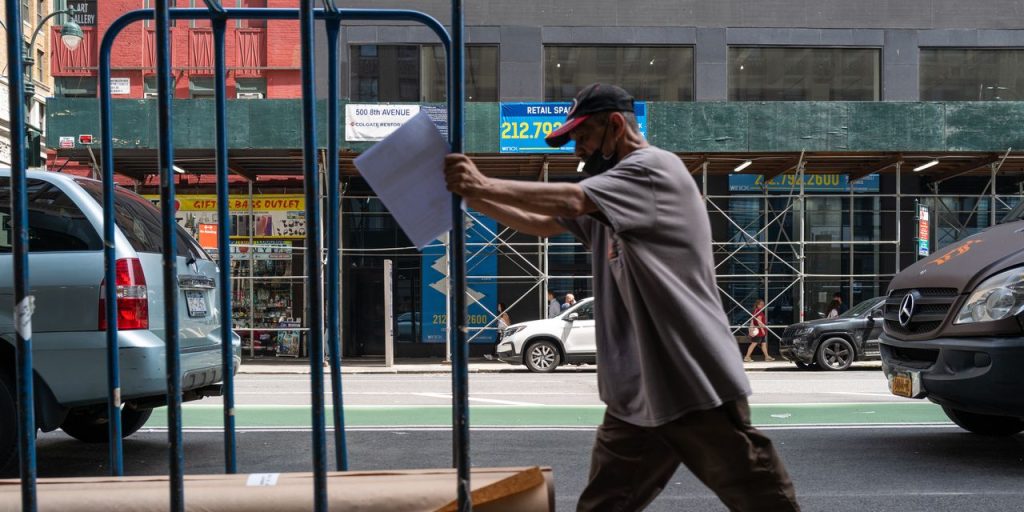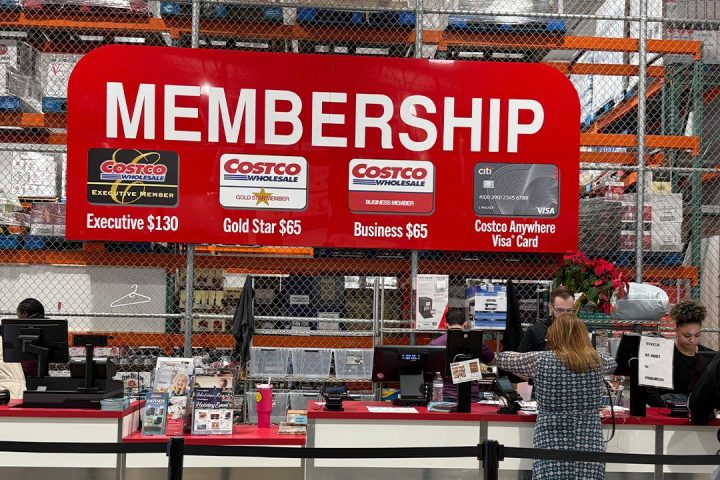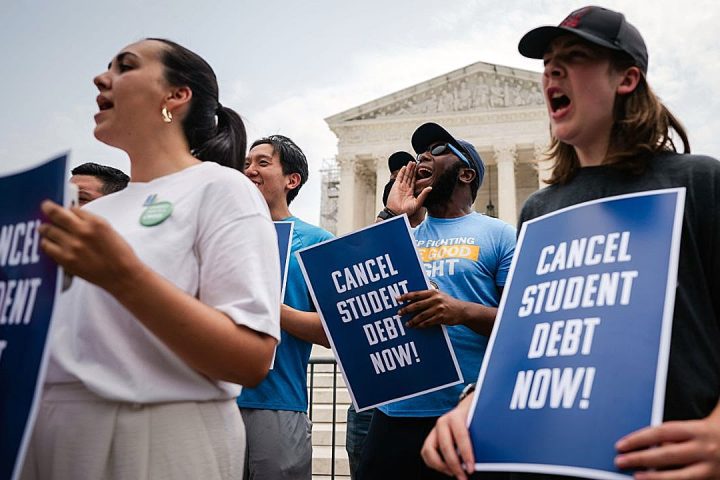A TikTok user received nearly 2 million views of a video she posted expressing frustration about how little time was left after her long commute and eight-hour workdays at her traditional, in-person 9-to-5 job.
“I know I’m probably just being so dramatic and annoying, but this is my first job,” TikTok user Brielle, who asked that only her first name be used due to privacy concerns, said in the video. “I don’t have time to do anything!”
Brielle, a 21-year-old recent college graduate who works in marketing, explained that, after the workday and a two-hour commute each way between her home in New Jersey and her office in New York, she was surprised and “so upset” by how little time and energy she had left to work out, see her friends or even cook dinner.
“How do you have friends? How do you have time for dating?” she said in the video, posted Oct. 17. “There’s no way I’m going to be able to afford living in the city right now… If I was able to walk to work it’d be fine, but I’m not.”
The video received nearly 15,000 comments, many from users sympathizing with Brielle’s feelings and voicing their own criticisms of the traditional office schedule.
“The 40 hour work week is beyond outdated and your feelings are totally valid,” read the top comment, with more than 39,000 likes.
“The 40 hour workweek was designed with a homemaker to take care of house tasks,” another user wrote about the traditional work week. “(There’s) no time for anything.”
Another commenter was more blunt: “It’s so repetitive and depressing. I feel you girl.”
Americans are questioning the traditional workweek
The response to the video points to just how quickly many Americans have turned against the five-day commute to the office that was once considered the default mode of working.
For example: a whopping 81% of Americans who work full-time would prefer a four-day workweek, an August survey from Bankrate found. The vast majority of respondents also said they would sacrifice something to make those shorter hours a reality.
One study of 61 U.K. companies that tried a shorter workweek found that those firms reported more revenue and less staff attrition, while most workers in the trial experienced less burnout and more satisfaction with their work-life balance.
For those that are headed into the office, the commute remains a huge drawback. A 2023 survey found that employees who work from home save an extra 72 minutes a day. Non-commuters devoted 40% of that extra time to their job, 34% to leisure and 11% to tending to their children or to others.
New York Federal Reserve researchers have also found that people who work remotely and don’t commute have more time for leisure and sleep.
But some Americans don’t see anything wrong with the traditional way of working. An article about Brielle’s video published by Insider received dozens of comments on Facebook
META,
many from users poking fun at the waning work ethic of younger generations.
“Welcome to the real world,” one user wrote.
‘I can’t even imagine working parents out there.’
Brielle told MarketWatch that the coverage and commenters seemed quick to criticize her, rather than examine the issue she was trying to raise in the original video.
“A lot of the news right now is all about painting me as a spoiled (member of) Gen Z, rather than calling out policies to be reevaluated,” she told MarketWatch via email.
And in a Tuesday video responding to the Insider article, Brielle said she’s grateful to be employed at all — and that she’s not the only worker struggling with the rigid structure of a traditional office job.
“I can’t even imagine working parents out there,” she said. “I give so much grace to them because it’s incredibly hard in America to be emotionally and mentally stable when your days are structured like (this).”
“Pretty much what I’m saying is yes, America needs to reform the 9 to 5 schedule,” she continued. “It’s not fair that the only people that are benefiting are the people that either run the corporations… or people that are just extremely rich, or influencers that don’t have to work a regular schedule.”
See also: Why does TikTok hate the 401(k) so much?
Read the full article here







